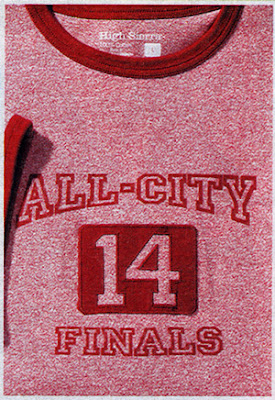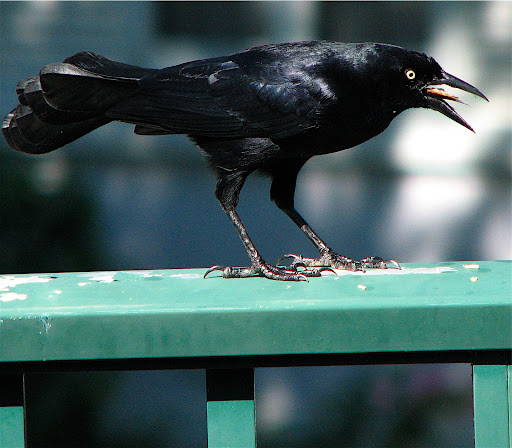
OK. Found a photo.
Update: books returned. check. Plus the nice libarary lady let me check out the one on Judge Posner again, even though I had reached my renewal limit.
Gown shopping: check. Found gown. Purchased, along with 2 other dresses on sale for $39 each - if you can imagine!? I couldn't. . . . The king likes it. I'm trying to figure out what kind of undergear is appropriate insofar as the back is kind of bare and I don't want panty lines but. . . man! I'm not sure how to handle this. This dress doesn't seem to be compatible with underwear-wear.
College library run to get page numbers on Ricoeur article: check. Plus found two more articles & copied them.
"One more fun thing" - nada. Didn't stop for Wintergreen Altoids. My teeth won't take much more. But now I'm yawnin' and I thought I was going to finish the 'hope and meaning' section tonight. Right. Maybe if I'd gotten Wintergreens, which perk me up - but no. . . . Tonight I got treated to a treatment of how Kant differs from Hegel and how - in order properly to appreciate the "philosophy of hope" one must proceed in order from Kant's first critique (of pure reason), to his second critique (practical reason), before coming to his "Religion within the Limits of Reason Alone", because otherwise "we shold have been tempted to oppose to the Hegelian concept of absolute knowledge an empty concpet of belief or of hope." ["Hope & the Structure of Philosophical Systems" 215].
Yep. He really talks like that.
The scarey thing? I actually think I understand him now. Ricoeur likes Kant because Kant acknowledges that there are limits. Limits to what we can know about where we've come from (creation) and limits about where we're heading (eschatology - now there's a word for you! Means 'study of final things' - best as I can make it out.) Hegel has a concept that we can actually know everything - which he puts in a category he calls "absolute knowledge".
Anyway - I won't bore you with how we know what we know - but it was kind of cool to read Ricoeur talking about what he thought about Hegel and Kant. And the broad brush stroke is that Ricoeur buys Kant's 'philosophy of limits' - that we can't know everything - and so he doesn't want to get pulled into the Hegelian game that says we can, by trying to set up an empty hope chest to try and carry the weight.
And I like what he says about hope:
Hope is not a theme that comes after other themes, an idea that closes the system, but an impulse that opens the system, that breaks the closure of the system; it is a way of reopening what was unduly closed.This comes in after we have reached our limit, and breaks a way free to see new possibilities. In religious symbolism, this is where resurrection comes in; and salvation.
Oh yeah! I can just see me advancing that as a legal argument in our local circuit court. . . .
sigh
OK. It's midnight. A coupla hours sleep and write up all this I've ingested today. . . . please God to have made sense of it for me while I sleep! (why does this have to be so complicated?!
[ok. . . . and I SAW that typo. . . . but now I can't find it. And my eyes are closing. And if you have any sympathy for me at all, you'll tell me where it is. Ah - sure - I'll find it tomorrow.] [subsequent note: nope. . . . I'm letting ALL the typos stand, just to remember how out of it I was!]


No comments:
Post a Comment